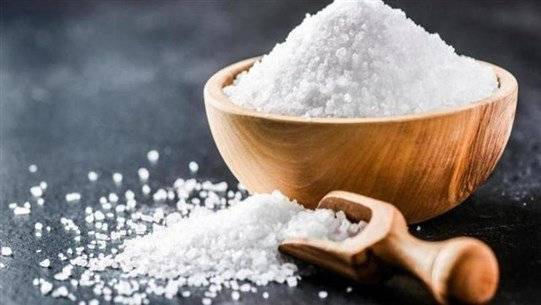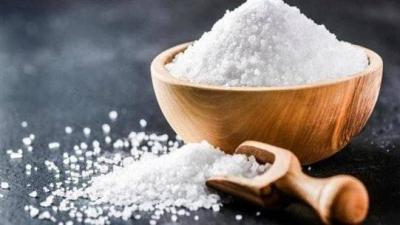Experts have identified the amount of salt an individual needs to help reduce the risk of a fatal heart attack. According to recent research published in BMJ Nutrition Prevention & Health, even a modest daily reduction in salt intake can significantly decrease the risk of heart disease and strokes. It is well known that salt raises blood pressure, which can lead to cardiovascular diseases. The National Health Service recommends no more than 6 grams of salt per day, equivalent to about one teaspoon, including salt found in ready-made foods and cooking.
According to the study, China has the highest salt consumption of any country, with the average person consuming 11 grams daily. By analyzing population size, salt intake, and heart disease, scientists found that reducing salt intake by just 1 gram per day could prevent more than nine million heart attacks and strokes in China. Researchers from the Action on Salt campaign group stated that reducing salt intake by 1 gram could also prevent over four million deaths in the country within eight years.
Although the British do not consume as much salt as people in China, the study suggests that reducing salt is beneficial for overall cardiovascular health. Graham MacGregor, a professor of cardiovascular medicine at Queen Mary University of London and chairman of Action on Salt, as well as co-author of the study, pointed out that "reducing salt is the most cost-effective measure to lower blood pressure and reduce the number of people dying from strokes and heart diseases." This comes at a time when another study found that replacing salt with food salt substitutes, such as LoSalt, reduces the risk of cardiovascular diseases.




